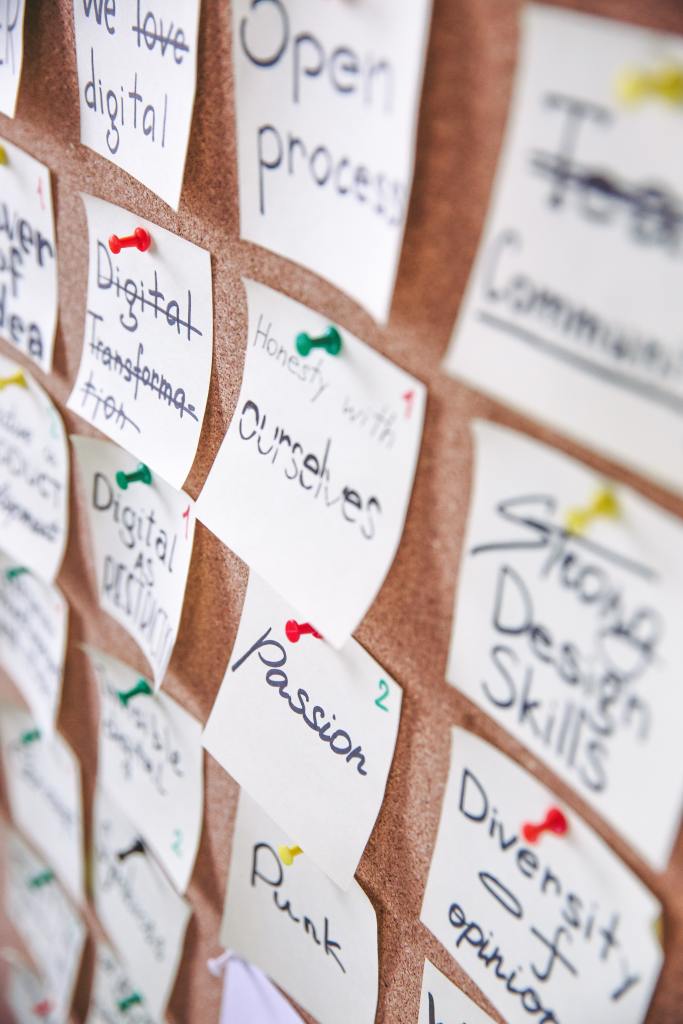Imagine being in Sisyphus’s shoes, condemned to roll a boulder up a hill forever. Onlookers sympathize with the seemingly ‘meaningless’ and ‘futile’ labor; rolling the heavy rock is also physically demanding and painfully tedious, offering no tangible or immediate respite. The question looms: How long would you prevail before weariness takes over, and surrender becomes an inevitable reality?
There’s a moral behind this dramatic start to the blog. The story of Sisyphus has a profound lesson: ‘we define our activities’. My question, as a psychologist, would then be: Does the meaning we assign to tasks impact the time and effort we invest, even when challenges arise?
In the literature of psychology, persistence remains an elusive and a sort of ‘spill-over’ concept, one that you see everywhere but is paid very little attention to.
In the past, it was shadowed by another word, short and dramatic, but powerful in meaning: will. We possess the freedom to decide our pursuits and choose our paths. Within us lies the self-determining capacity to move towards what we need. In other words, we are able to give motive to our actions. All this, summarised as ‘free will’. Will separates us from our neighbours in the animal kingdom, enforcing the idea that we are capable of making conscious choices. While the task of rolling the boulder up the hill was imposed upon Sisyphus by the gods as a punishment, his response to this predicament becomes an exercise of his will and agency.
Something is amiss, still—
Motive won’t suffice. One must have the capacity to continue the action for as long as they can, or till the goal is reached. On a physical level, we call this endurance—from a mental perspective, perhaps persistence?
Both suggest a continuous release of energy; but where does this energy come from—does it come from the ‘meaning’ we ascribe to what we perform or are some people just born with more ‘energy’ than others?
Without motive, there is no movement.
Sisyphus’s plight is perpetual; as he approaches the summit, the boulder descends, compelling him to repeat the process. His example captures the essence of the human condition—meaning is absent unless we give our actions significance. We hold the power to assign meaning—from achieving top grades to completing a degree, it’s within our control. Without meaning, the academic journey mirrors Sisyphus’s struggle. This analogy extends to workplaces as well: how many faces similar challenges, and how many endure and persist despite them? We persist in our actions, even in challenging times, by recalling the meaning we attach to them and reminding ourselves of our ability to invest energy in these actions.
As students, there may be many instances of disillusionment, disagreement and disappointment, especially when faced with mammoth tasks like building projects and securing jobs. When the weariness and the feeling of defeat starts to sets in, what can you do to persist?
- Recall your motives: What were the motivations behind choosing to become an Occupational Psychologist? What end result are you expecting? Is it significant enough to keep you moving? If not, what do you need to make it significant enough so that you continue?
- Remind yourself of your abilities: You are born with the endurance to get through difficulties; you just need to remind yourself of it in order to activate it. There are strengths within you that will sustain you in your journey. This isn’t a matter of enquiry; but a truth.
- Remember to rest: Persistence might be the recipe to success; when applied thoughtfully. When your endurance is low and but you persist, you enter into a zone of high stress. This is when you need to dial back and allow yourself to relax. It’s unwise to push yourself beyond what you can endure.
The persistence conversation is never-ending, just like the examples we’ve been using. Just when you think you know what it means, another word gets thrown into the mix. Resilience, conscientiousness, commitment, grit—the wordplay can go on. Underlying all this, however, seems to be the presence of a meaning/purpose that influences what we do next. So, in order to step forward, take a moment to look back as well 😊
This is a topic that would be explored further in later blogs. As an exercise, can you think of something you’ve persisted in (something you continued despite difficulty/opposition) and then reflect on why you did? Feel free to share them with us.














